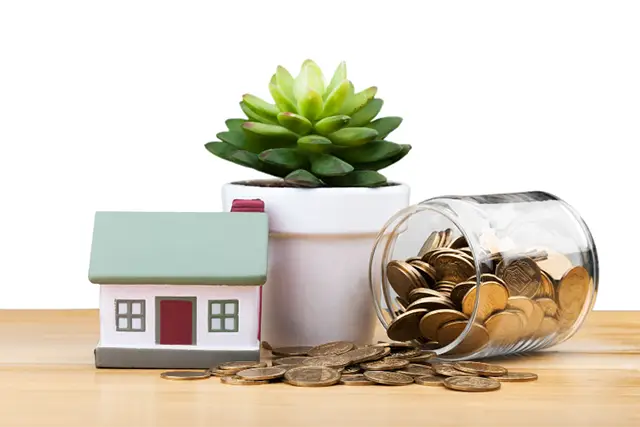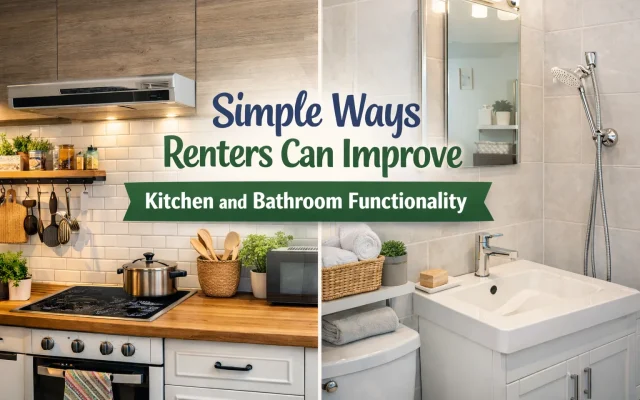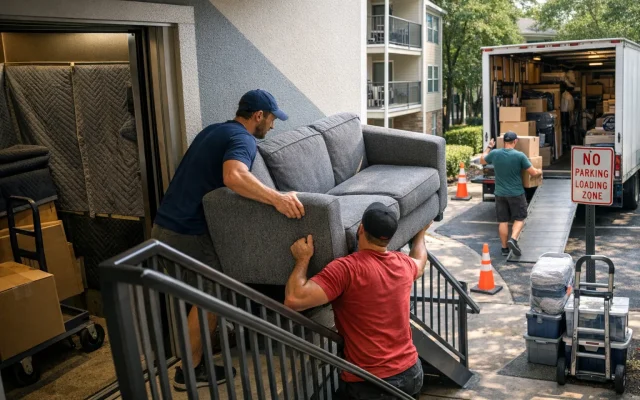Moving into your first apartment is a thrilling milestone. It symbolizes independence, growth, and a brand-new chapter in your life. But let’s be honest: excitement can quickly turn into stress if you don’t have your finances in order. In fact, nearly 49% of renters in the U.S. struggle to afford their housing costs, which can lead to some tough situations. So, if you’re asking yourself, how to budget for an apartment without losing your sanity, you’re already on the right track. Let’s break down everything you need to know to make your apartment journey smooth and stress-free.
Start with Knowing Your Income
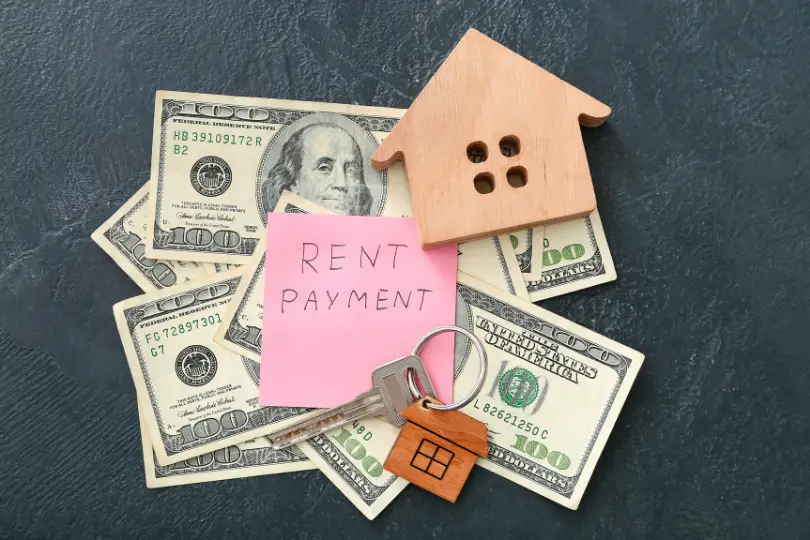
Before you start scouring listings for that perfect apartment in Houston, Dallas, Austin, or San Antonio, you need to take a hard look at your income. Budgeting starts with knowing exactly how much money you’re working with each month—after taxes, not before.
This includes your salary, freelance gigs, side hustles, and any other income sources. Once you have your final number, stick to it religiously. One of the golden rules for budgeting is that your rent should not exceed 30% of your income (3 times the rent rule). For example, if you’re taking home $4,000 a month, you should aim for rent that’s no more than $1,200.
Tip: Even if you’re tempted to push your rent limit, don’t. Overspending on rent can lead to an unhealthy financial spiral, leaving little room for life’s unexpected expenses.
It’s important to factor in location too. For example, Houston Apartments might offer better rent-to-income ratios compared to those closer to city centers in Dallas Apartments. Start by checking local listings on RentCafe, Zillow or Realtor.com to get a sense of the average rent for the area you’re interested in.
Fixed Costs: More Than Just Rent
When you hear people talking about rent, they often forget one crucial detail: rent is just the beginning. Fixed costs are all the non-negotiable bills you’ll have to pay each month. These include:
- Rent: This is your biggest and most obvious expense. As we mentioned earlier, keep it under 30% of your monthly income.
- Utilities: Depending on where you live, utilities might be included in your rent, or you might be paying for them separately. On average, electricity, water, and gas for a one-bedroom apartment can run between $150 and $350 per month. Living in Austin Apartments during the summer? You might end up paying more to keep the air conditioner running.
- Renter’s Insurance: Don’t overlook this. Renter’s insurance protects your personal belongings and typically costs anywhere from $10 to $20 per month. It’s a small price to pay for peace of mind.
Variable Expenses: Where the Fun Happens
Now that you’ve covered the necessities, it’s time to factor in those variable costs. These can fluctuate from month to month, but they’re just as important. Here’s what to consider:
- Groceries: Your grocery budget will depend on your eating habits and where you shop. On average, a single person spends $200 to $300 per month on food. Pro tip: Plan meals in advance and buy in bulk when you can.
- Transportation: Whether you’re commuting via car or public transport, budget for it. If you live in a car-heavy city like San Antonio, factor in gas, insurance, and maintenance. If you’re in a more public transport-friendly area like Dallas, your monthly transit pass should be included in your budget.
- Entertainment: Sure, budgeting for an apartment requires some seriousness, but it doesn’t mean you should lock yourself indoors. Make room for fun! Whether it’s a night out with friends or a streaming service subscription, aim to set aside $100 to $200 for entertainment each month.
Don’t Forget the One-Time Costs
Moving into a new apartment also comes with a few hefty one-time expenses. These often catch first-time renters off guard, but with a bit of planning, you’ll be prepared.
- Security Deposit: Most landlords require a security deposit before you move in, usually equal to one month’s rent. So, if your rent is $1,200, you’ll need to have another $1,200 saved up just for the deposit.
- Furniture: Even if you’re moving into a furnished place, chances are you’ll need a few essentials. From a bed to a couch to a dining table, furniture costs add up quickly. On a tight budget? Check out thrift stores, IKEA, or Facebook Marketplace for affordable finds. Set aside at least $1,000 for the basics, and add more if you need appliances or décor.
- Moving Costs: Whether you’re moving across town or across the state, moving isn’t free. If you’re hiring movers, you can expect to pay anywhere from $400 to $1,500 for a local move. A long-distance move could cost as much as $6,000. If you’re a DIYer, renting a truck will cut down on costs, but don’t forget about the gas!
Craft Your Monthly Budget

Now comes the fun part—putting it all together. A realistic apartment budget includes more than just rent and utilities. Factor in every category we’ve discussed and make sure you’re leaving room for savings. Here’s a quick breakdown to get you started:
- Rent: $1,200
- Utilities (electricity, gas, water): $250
- Groceries: $250
- Transportation: $150
- Entertainment: $100
- Renter’s Insurance: $15
- Miscellaneous/Unexpected: $100
Total: $2,065 (from a $4,000 monthly income)
At the end of the month, this budget would leave you with some wiggle room to build up an emergency fund. Always, always have an emergency fund. You never know when you’ll need it, whether for unexpected repairs, medical expenses, or a job loss.
A good rule of thumb is to save three to six months’ worth of living expenses. If your monthly costs total $2,000, aim to have $6,000 to $12,000 tucked away in your emergency fund. It may sound like a lot, but building it slowly over time—even by setting aside $50 a month—will give you the peace of mind you need when unexpected costs arise.
Use Budgeting Tools to Stay on Track
If you’re not into manual tracking, there are plenty of apps that make budgeting easier. Apps like Mint, YNAB (You Need A Budget), and PocketGuard let you track your spending, categorize expenses, and even alert you when you’re nearing your limit.
But if you’re like me and enjoy the simplicity of a good spreadsheet, that works too! Just be sure to review your budget at the end of each month and adjust it as needed.
A Word of Caution: Lifestyle Inflation
As you start earning more, the temptation to spend more also grows. But remember: just because you can afford a luxury apartment now, doesn’t mean you should. Lifestyle inflation can be a slippery slope. Stick to your budget and ensure you’re saving enough for the future, especially if you have long-term financial goals like buying a house or traveling.
Navigating the Rental Market
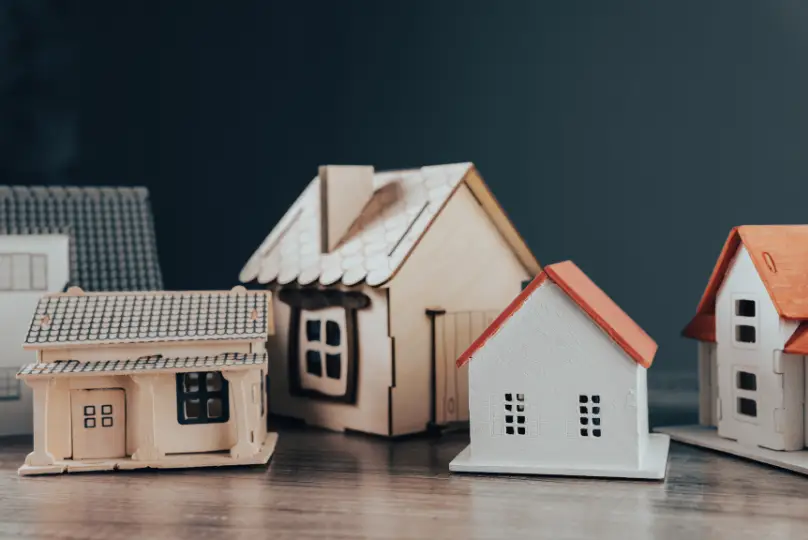
When searching for apartments, keep your eyes peeled for listings that fit your budget. If you’re considering finding cheap apartments in Houston, for instance, take time to explore different neighborhoods. The same goes for Dallas, Austin, and San Antonio. Each city has its hidden gems that offer affordable living without sacrificing comfort.
If you’re worried about your application getting approved, you might ask how long it takes to get approved for an apartment. Generally, the process can take anywhere from a few hours to a couple of days, depending on the landlord or property management’s requirements. It’s always good to have your financial documents ready to speed things along.
Also, familiarize yourself with the term “3 times the rent.” This rule suggests that your gross monthly income should be at least three times the rent. So, if your rent is $1,200, your monthly income should be around $3,600. If you fall short, consider a co-signer or additional documentation to strengthen your application.
Final Thoughts
Creating a budget for your first apartment is all about planning and knowing where your money is going. It’s not just about rent—it’s about the full financial picture, from fixed costs like utilities and insurance to those sneaky one-time expenses like a security deposit or moving costs.
Whether you’re looking at Houston Apartments for that urban vibe, exploring the charm of Dallas Apartments, settling into the laid-back life in Austin Apartments, or finding your place in San Antonio Apartments, having a solid budget in place will set you up for success. You’ll enjoy your newfound freedom without the financial stress.
If you’re considering options that fit your budget for an apartment, there are even listings for Houston apartments under $1,000 that provide great value without breaking the bank.
In the end, budgeting isn’t just about dollars and cents; it’s about securing your peace of mind and enabling your lifestyle.

